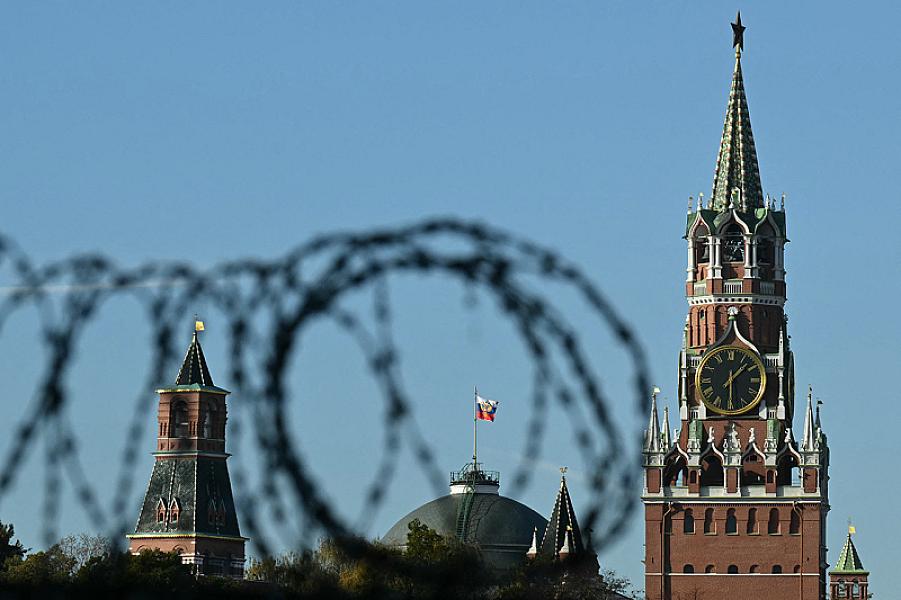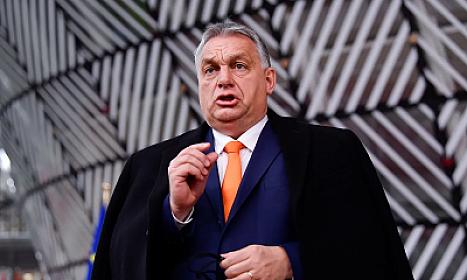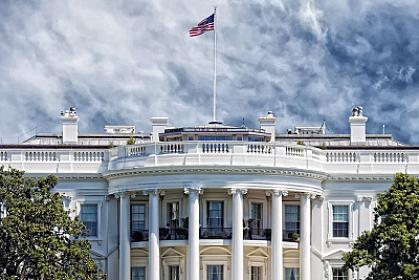The Kremlin has begun a struggle for the signing of the peace agreement between the leaders of Azerbaijan and Armenia to take place specifically in Moscow. This is evidenced by the statement of the Deputy Minister of Foreign Affairs of Russia, Mikhail Galuzin, that "Russia maintains the proposal to provide its territory for Azerbaijan and Armenia to sign a peace agreement."
The Russian diplomat made these remarks at a reception held on the occasion of Armenia's Independence Day. According to Galuzin, Moscow places special importance on the normalization of relations between Baku and Yerevan. Saying, "Russia has played a major and influential role in the settlement process between Yerevan and Baku," Galuzin emphasized that they are ready to provide all necessary support to the parties in resolving remaining disagreements. Galuzin's sentence, "Obviously, important work still needs to be done to practically implement our plans," also draws attention.

Firstly, contrary to Galuzin's claim, there are no special disagreements remaining between Yerevan and Baku, and therefore the parties do not need Moscow’s mediation. To sign the peace agreement, Armenia’s constitution must be amended. Armenian Prime Minister Nikol Pashinyan announced that after the parliamentary elections next June, they will adopt a new constitution. Once Armenia removes the clause containing territorial claims against Azerbaijan from the new constitution, there will be no obstacles to signing a peace agreement between the two countries. Therefore, unlike Galuzin’s statement, no "important work" is needed. The important work has already been done.
Secondly, Azerbaijan and Armenia initialed the text of the peace agreement on August 8 at the White House in the presence of US President Donald Trump. There are deep disagreements between the US and Russia due to the Ukraine war. The Azerbaijani government and society also do not accept Russia’s aggressive war against Ukraine. Additionally, Azerbaijan and Armenia are interested in reducing Russia’s influence in the South Caucasus.
Considering just these two factors, the likelihood of choosing the Russian capital for the final signing of the peace agreement between Azerbaijan and Armenia is low. Although a trip across the ocean will not be needed again for the signing of the peace agreement, the document may be signed in various locations, such as on the border between the two countries, in Tbilisi, Ankara, or Astana.
Elkhan Shahinoglu,
political analyst







